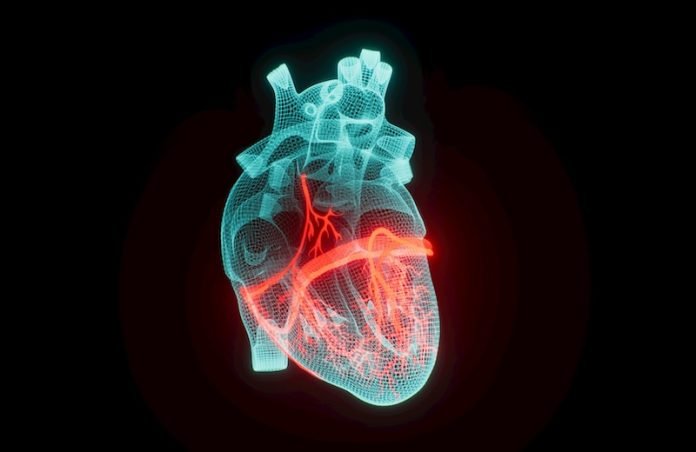
Heart failure is a serious condition where the heart struggles to pump blood effectively throughout the body. It’s crucial for those at risk and their loved ones to recognize the early warning signs of heart failure.
Early detection can lead to interventions that might improve outcomes and potentially save lives. This article will outline the critical warning signs of heart failure, supported by research evidence, in a straightforward and accessible way.
Heart failure does not mean the heart has stopped working; rather, it’s struggling to meet the body’s demand for blood and oxygen. It can affect the right, left, or both sides of the heart, and the symptoms can vary depending on the area affected.
Knowing what symptoms to look out for can help people seek timely medical advice and treatment.
Shortness of Breath: One of the most common signs of heart failure is shortness of breath or dyspnea. This can occur during activity or even while resting. Many patients report difficulty breathing while lying flat.
Researchers believe this is due to fluid buildup in the lungs, making it hard to breathe. This symptom is a crucial indicator of heart failure, and its presence should prompt immediate medical evaluation.
Swelling (Edema): Another significant sign is swelling in the legs, ankles, feet, or abdomen. This swelling is caused by fluid accumulation, a condition known as edema. As the heart’s pumping power decreases, fluid from the bloodstream can leak into surrounding tissues.
The effects are particularly noticeable in the lower body due to gravity. Persistent, unexplained swelling should always be assessed by a healthcare provider.
Rapid Weight Gain: Gaining weight rapidly without a change in diet or activity level can be a sign of fluid accumulation. Patients with heart failure might gain multiple pounds in just a few days.
It’s important to monitor weight regularly and report significant changes to a healthcare provider, as this can indicate worsening heart failure.
Fatigue and Weakness: People with heart failure often feel tired or weak even after adequate rest. This fatigue happens because the heart cannot pump enough blood to meet the needs of body tissues.
The lack of blood supply causes cells to work less efficiently, leading to a constant feeling of tiredness.
Cough or Wheezing: A persistent cough or wheezing that produces white or pink blood-tinged mucus can also signify heart failure. This symptom often worsens when lying down and is a response to fluid buildup in the lungs.
Increased Heart Rate: Feeling as if the heart is racing or throbbing can be a response to heart failure. The heart may try to beat faster to counteract the reduced pumping capacity. This can lead to palpitations, which are noticeable feelings of a fast, fluttering, or irregular heartbeat.
Nausea or Lack of Appetite: Less common signs include nausea, a lack of appetite, or a feeling of being full or sick to your stomach. This is due to fluid buildup around the liver and intestines that can interfere with proper digestion.
Confusion or Impaired Thinking: Advanced heart failure can affect the brain. Symptoms can include memory loss or feelings of disorientation, which stem from inadequate blood flow to the brain.
Recognizing these warning signs can help people seek medical help sooner. Studies show that early management of heart failure can significantly improve the quality of life and reduce the likelihood of hospitalization or severe outcomes.
Awareness and education on these signs are crucial for anyone at risk of heart failure.
In conclusion, heart failure is a complex condition with various symptoms that can worsen over time. Knowing what signs to look for can be the first step in getting the necessary help, potentially preventing the progression of heart failure and improving overall health outcomes.
Regular check-ups and discussions about any new or worsening symptoms with a healthcare provider are vital for anyone diagnosed with or at risk for heart failure.
If you care about heart failure, please read studies about diabetes drug that could revolutionize heart failure treatment, and this drug can be a low-cost heart failure treatment
For more information about heart health, please see recent studies that exercise in middle age reversed worrisome heart failure, and results showing this drug combo can cut risk of stroke and heart attack by half.
Copyright © 2024 Knowridge Science Report. All rights reserved.



